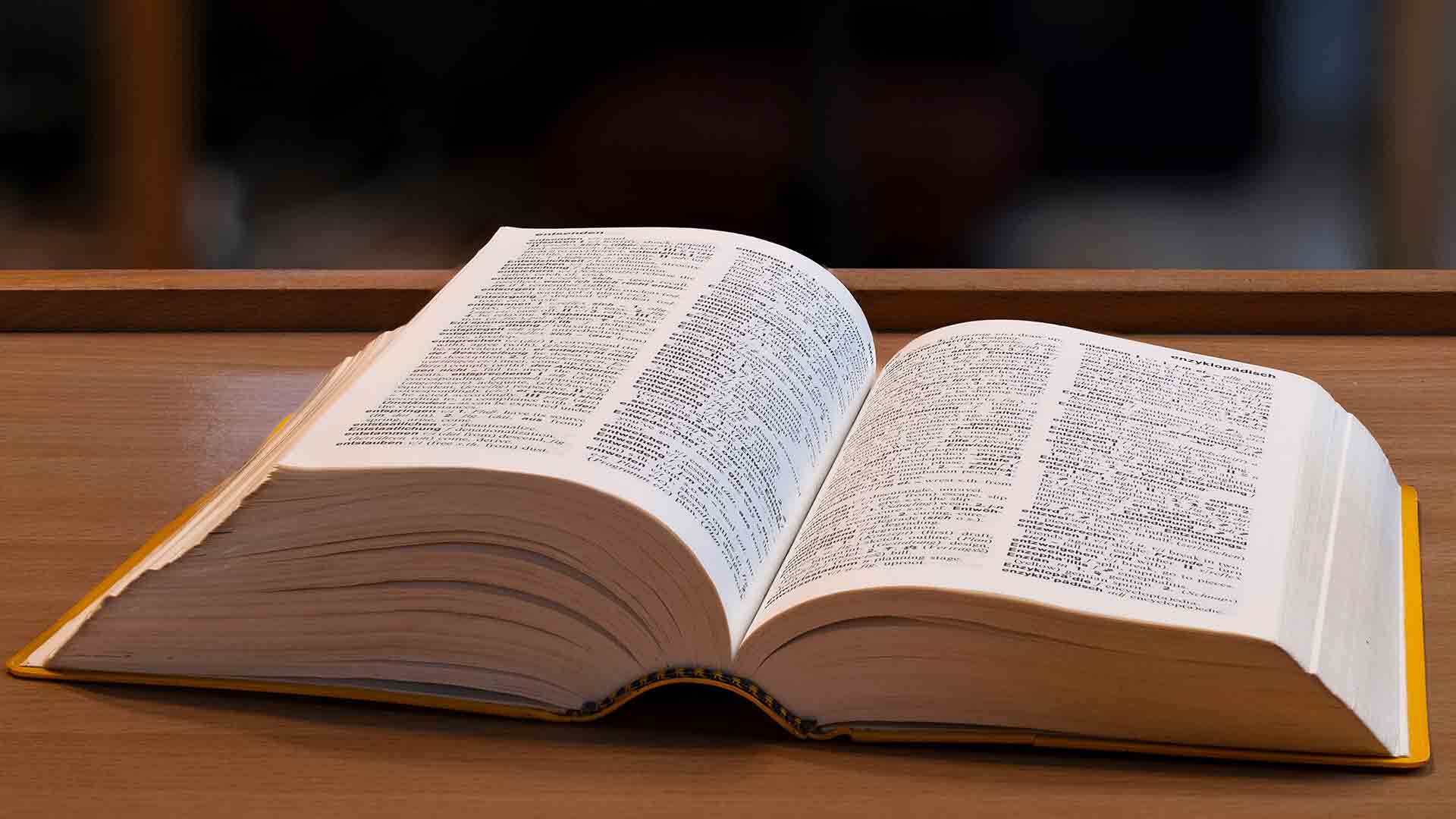Cambridge Dictionary has added 3,200 new words, including “boop”, “chef’s kiss” and “IYKYK” so far in 2024. The dictionary was updated with new words people are using about modern life, science, gaming, music and work, reflecting how language is always changing.
Informal terms such as “the ick”, meaning “a sudden feeling that you dislike someone or something or are no longer attracted to someone because of something they do”, and “boop”, meaning “a gentle hit or touch on a person’s or animal’s nose or head, showing that you like them or as a joke” have been added.
Other words added include:
- Chef’s kiss — “A movement in which you put your fingers and thumb together, kiss them, then pull your hand away from your lips as a way of showing that you think that something or someone is perfect or excellent”
- Face journey — “A series of expressions that appear on someone’s face showing different emotions that they are experiencing as a reaction to something”
- IYKYK — “Written abbreviation for “if you know you know”: used, for example on social media and in text messages, to show that there is a shared joke or shared knowledge with the reader that other people might not understand”
- This baby — “Something such as a device, vehicle, or product, especially one that you approve of or find impressive in some way”
- Go over to the dark side — “To start to behave in a way that is evil or harmful”
- Porch piracy — “The act of stealing parcels that have been left outside people’s houses for them”
The 3,236 new words, alongside a regular programme of revisions and an expanding range of bilingual dictionaries.
Wendalyn Nichols, Cambridge Dictionary publishing manager, said: “Language is dynamic, changing right along with technology and culture. It’s fascinating, and a privilege, to monitor this change and to capture not just new words, but also new uses of existing words, in our monthly updates. Some new terms are added very quickly and others can take some time. We try to identify words and uses that have proven staying power, rather than adding ones that might be short-lived.
“Lexicographers use the Cambridge English Corpus, a collection of more than two billion written and spoken English words, to gather evidence for how a new word is used by different people and in a variety of situations. We also collect evidence of new words that have only appeared in English very recently.”

